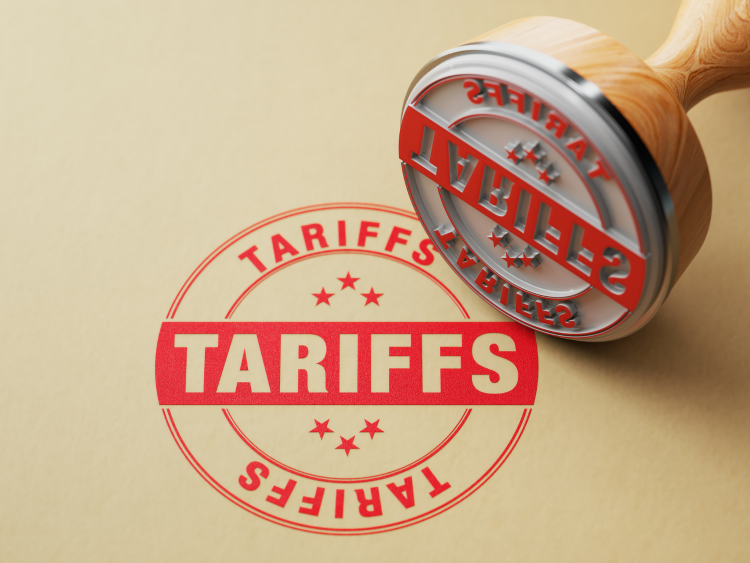Government/Policy

March 13, 2025
Undiluted Section 232 steel tariffs are officially back on the books
Written by Laura Miller
The United States has officially reinstated undiluted Section 232 tariffs on steel and aluminum as of Wednesday. All imports of the metals, as well as some derivative products, now face a 25% tax when entering the US.
President Trump declared in February that the S232 tariffs would be restored, this time with no exemptions by product or country. He believes former President Biden allowed the tariffs to become too watered down with exemptions and alternative arrangements. The reinstatement officially began Wednesday, March 12, at 12:01 a.m. ET.
With all special arrangements erased, the tariff rate on steel imports from Canada, Mexico, and Australia has moved from 0% to 25%. Quotas have also been removed on steel coming from the European Union, Japan, Brazil, South Korea, and the United Kingdom.
US Customs and Border Protection (CBP) has issued guidance for importers, noting it expects full compliance with the changes.
Justification
In his original 2018 proclamation on the S232 steel tariffs, Trump said the levies would allow domestic producers to raise their capacity utilization to above 80%.
“This relief will help our domestic steel industry to revive idled facilities, open closed mills, preserve necessary skills by hiring new steel workers, and maintain or increase production” by reducing the US’ reliance on imports and ensuring American producers can supply the steel necessary for national security, the president stated.
In this year’s proclamation, the president blamed country exemptions for allowing steel’s import market share to reach 30% last year.
“As steel import market share has increased, the domestic industry’s performance has been depressed, resulting in capacity utilization rates persistently lower than the 80% target level,” Trump said.
The alternative exemptions and quota agreements “have not resulted in sufficient action by these trading partners to address non-market excess capacity,” he continued. “The agreements have therefore been detrimental to U.S. steel production and national security.”
He said modifications to the original tariffs “have undermined the program’s national security objectives by preventing the domestic steel industry from achieving sustained production capacity utilization of at least 80%.”
US mill utilization rates
In the five years before 2018, when the S232 tariffs began, US mills operated at an average of 74% of capabilities, according to SMU’s records of data from the American Iron and Steel Institute (AISI).
From 2018 to the present, US mill utilization has been above the 80% mark ~30% of the time. The average utilization rate during those 6+ years was 76.6%.
The most recent week – and the only week of 2024 – to see utilization above 80% was the week of Aug. 24.
The chart below shows the number of weeks utilization was above 80%:
| Year | Weeks above 80% utilization | Average utilization |
|---|---|---|
| 2018 | 12 | 77.6% |
| 2019 | 37 | 80.7% |
| 2020 | 11 | 67.0% |
| 2021 | 31 | 81.1% |
| 2022 | 21 | 78.5% |
| 2023 | 0 | 75.3% |
| 2024 | 1 | 76.6% |
Note that the AISI utilization data referenced above is estimated.







